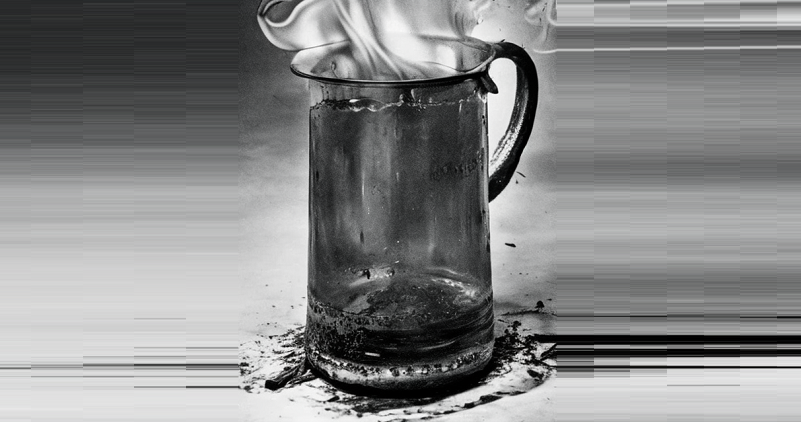A friend of mine had some great theories on how stuff gets popular. He used to blog about it many many years ago, but when I tried to find it on Geocities so I could share it with you, the link was not found. His blog is a victim of bitrot, which I consider to be a great tragedy.
Today I want to talk about how to create video games that everyone likes. Before I do that, I want to rant and rail against IPA beer. I am the official President of the No IPA Club. I cannot stand the stuff. Whenever I run into beer enthusiasts, whose eyes light up at the mention of the style of beer that tastes like old burned tires, I always ask them whether or not they know what IPA means, or if they are familiar with its origin story.
I am a little torn here, because I feel this is a story best told, not written. I especially like adding an angry edge to my description of the history of IPA, and how it has extra preservatives in order for the beer to best survive the lengthy ocean voyage to India. Hops, like mothballs, is something you add to keep things from going bad. The endearing quality of an IPA is that it becomes rancid more slowly than your more delicious styles of beer. The average IPA lover will double down on their defense of imbibing extra preservatives upon learning this. I have no idea why. I no longer attempt to rescue them for the sake of their taste buds. I just want them to be educated about why it is that their beer tastes like someone tried to brew old unwashed socks.
I have resigned myself to accepting that the choice of actually-delicious beers in your average store and in taps across the country have taken a haircut in volume. Upon going to a new bar, I am now accustomed to scanning the taps and seeing “IPA… IPA… IPA… tasty beer…” followed by one to three more IPAs.
I do not believe I will ever get over this.
It is only fair now to talk about sourdough bread. I do love me some sourdough bread. The abundance of sourdough bread in California’s stores and restaurants is certainly an IPA offset. I have to confess that there are some similarities between IPAs and sourdough bread. If you look up the history of sourdough bread, you will find that it became popular in California during the Gold Rush. No, not the internet gold rush, or the AI gold rush, or the NFT gold rush—the actual “Gold” Gold Rush. Once upon a time people came to California to dig in the mud for heavy shiny stones. Sourdough bread was immensely popular because it was inexpensive to make and durable. This is a desirable characteristic for someone who was doing their damnedest to spend all of their time trying to find lucky rocks. The fewer trips you make to your local grocer, the more time you can spend pawing relentlessly through dirt and mud.
Let’s bring this back to video games, shall we? Who decides what is popular? Whether it is Hold’em Poker, Minecraft, or Bejeweled, each of these games have had their moment in the sun. Some of them are trends, and some of them are fads.
My formerly mentioned friend, Rick Marazzani, did have a write-up about some popular themes in games. I was able to use the internet wayback machine to dredge it up. It is an excellent read.
Figuring out what you can do to turn your games into genre-defining content is hard. There is some art to it, and some science to it as well. Attempting to be intelligent about it may help increase your odds of success in shipping games. It may also look a lot like that kid trying to give themselves a “cool” nickname if you fail at it.
That is the whole post today, folks. I do not have better answers today on how to make “IPA for games” than I did twenty years ago. I tell people “There has never been a better time to make games, ever. By coincidence, it is also the worst time to make games, ever.” Is that self explanatory? Does it deserve its own post? Or do I just leave you all hanging with that gaslighting proclamation, and go back to being angry that GDC won’t approve any of my speaker talks? I might be as bitter as an IPA on that last point. If you found this post insightful, interesting, or just want to reward me for my raw outpouring of emotions onto the internet, go buy this Amazon-affiliate-linked book on the history of beer making.
See you all next week.
